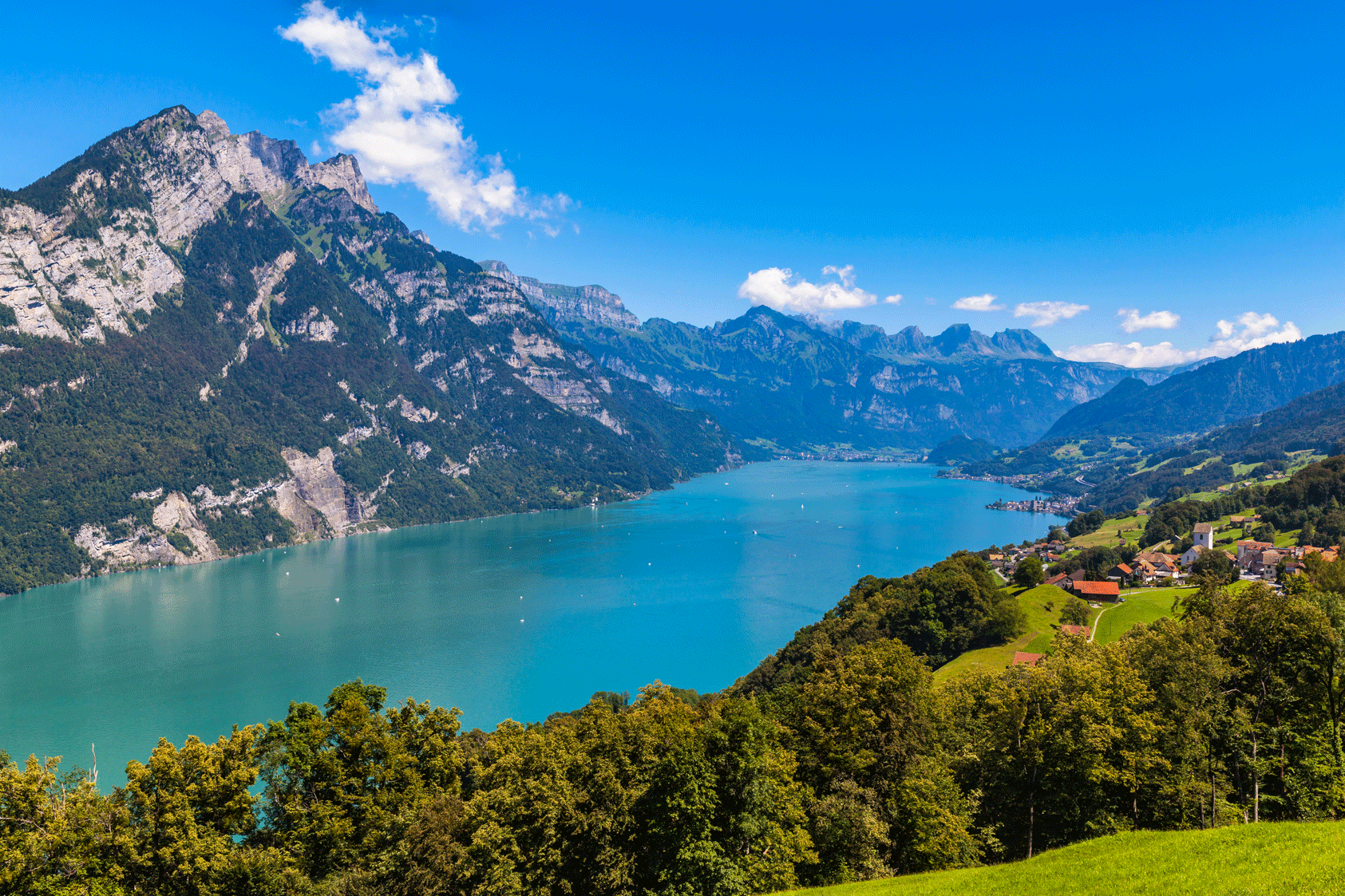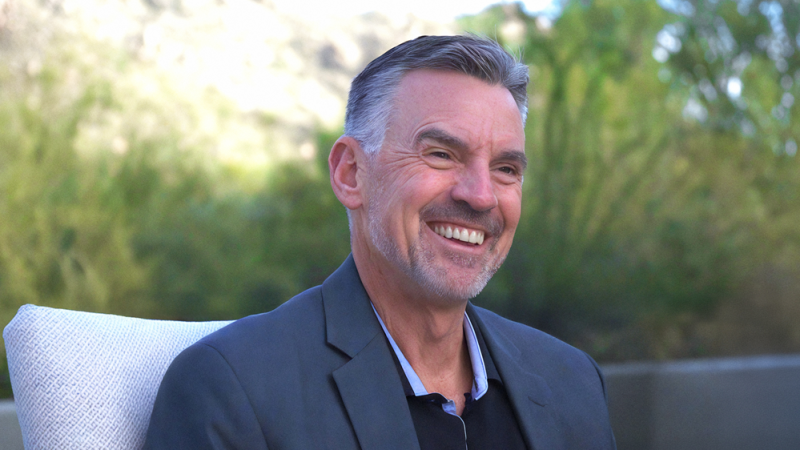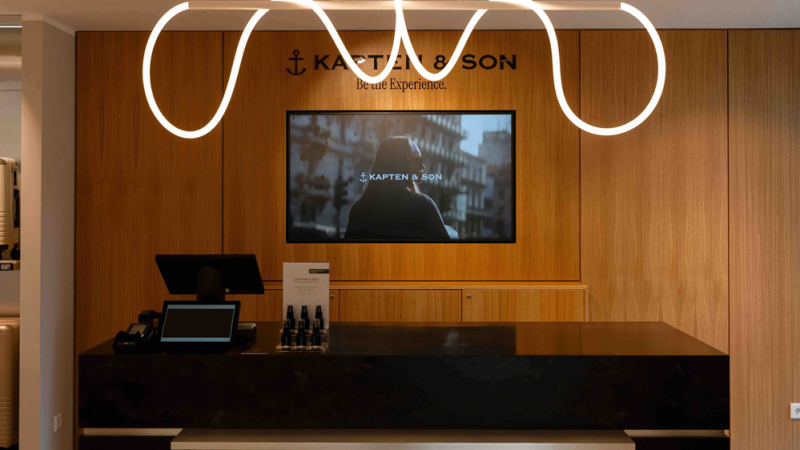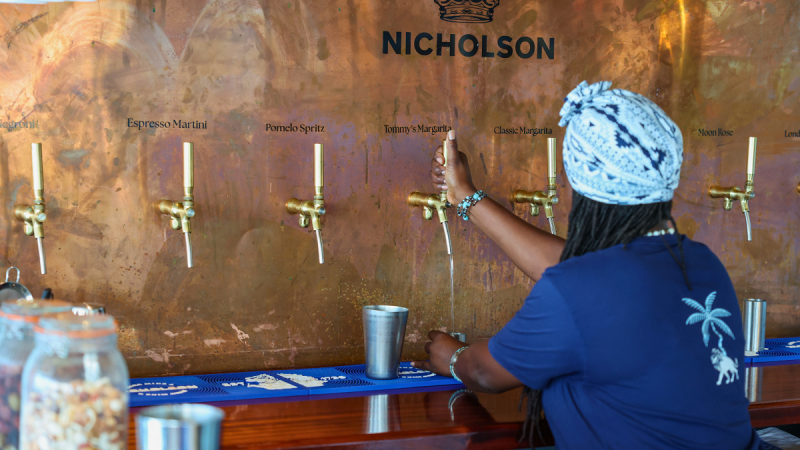Swiss Blue Salmon (SBS), founded by Ruedi Ryf, a Swiss entrepreneur and passionate fly fisherman, leads the way in promoting a new industry – land-based freshwater salmon farming in Europe.
As the company states, Swiss Blue Salmon represents the socially responsible choice for consumer health, the environment and the economy. The company’s land-based farm, located at the foot of Swiss Alps, will use innovative Recirculating Aquaculture Systems (RAS) technology that sees the fish reared in the purest Swiss alpine water free from antibiotics, pesticides, hormones and micro-plastics.
The new state-of-the-art facility will be vertically integrated from the hatchery and grow-out to processing to ensure the highest level of animal welfare, bio-security and product quality. The sustainable local production model is set to guarantee the freshest and healthiest salmon available on the market, grown close to the consumer in an environmentally friendly manner that protects the ecosystem and reduces the carbon footprint.
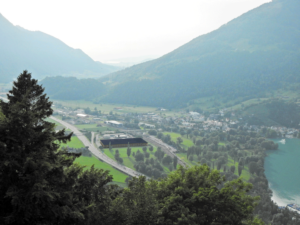 Right time, right people
Right time, right people
The company started with the founder’s conviction that fish farming, increasingly needed to feed the world’s growing population, must be more sustainable, smarter, and local, with a minimal environmental footprint. In 2015 he was involved in a pioneering freshwater aquaculture project in Switzerland, and immediately saw the potential.
“It just made sense, with the increasing need for protein sourced smartly and ecologically,” he reflects, pointing out that aquaculture is currently one of the fastest-growing food production systems in the world, and will continue to play a critical role in protecting wild fish populations as demand for seafood continues to rise.
Starting at the onset of the global pandemic, the company was officially registered in 2020 and – despite the initial Covid-19 related limitations – progress has been fast, pushed by the stern determination and commitment of the founder and his team. After conducting feasibility studies for several sites across Switzerland, SBS secured a 27,000 m2 site in the alpine canton of Glarus, at the Walen lake, for its land-based salmon farm.
“Unlike most companies in the aquaculture industry with a strong financial backing, we are a very small, privately-owned business with just a handful of people. However, we have a great team of specialists covering all aspects of the business – facility design, execution, aquaculture as well as fish nutrition and health. To have people with the right experience and competence in this young industry is rare and a great achievement.”
External partners have been just as important, he says, mentioning the Swiss engineering company Holinger, whose team of 500 highly skilled engineers bring essential expertise in water quality, wastewater treatment, heating and cooling systems, and Switzerland’s leading construction company, Erne, who comes with expertise in building.
Disruptive technology
SBS’s facility will be using the RAS technology, the most advanced, sustainable aquaculture method, that is set to reshape the world’s fish farming industry.
The system recycles water through cutting-edge filtration technology and oxygenation systems, reducing water consumption to a minimum, and uses filtered-out residues as valued by-products within a circular waste management approach.
SBS’s focus is on upcycling of side streams from processing, reduced transportation, and low energy consumption. “We are able to use passive cooling with 6-8°C lake water while an efficient heat recovery system will be used especially in wintertime,” says Ryf.
“We aim to install solar panels on the roof, which will cover 15-25% of our power consumption. We are also working with researchers and students to see how our energy system can be integrated into the national grid to make it more stable, using our flexibility to store any energy that is not immediately used.”
Digitisation is another focus. Together with other technological partners the company aims to build the smartest farm in the world using technologies such as advanced camera and sensor technology, image recognition, the Internet of Things (IoT), artificial intelligence, big data and analytics.
Ryf affirms that SBS is keen for its operations to be transparent and plans to open a visitors’ centre at the facility, contributing to knowledge creation, promoting awareness of water, fish and sustainability in general, and increasing interest in buying and consuming more fish – the healthy protein with .
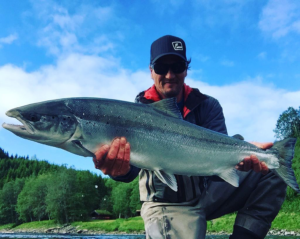 Leading the way
Leading the way
The project is now in the design and permitting phase and the plan is to hand in the permit application towards end of the year. The facility’s planned capacity is 3,400 tonnes of Atlantic salmon per annum, says Ryf, adding that the output will go solely to the Swiss market.
As 98% of the salmon currently consumed in Switzerland is imported, he believes in the potential for locally produced fish, reflecting the Swiss’s preference for, and financial promotion of, ‘local’, as well as the ever-increasing focus on sustainability.
“We strongly believe that smart farming will prepare the ground for a sustainable and efficient way to produce healthy fish. We are set to focus on innovation to improve the environmental performance of RAS, and are also looking at the sustainable use of resources for fish feed, which is one of several key pillars of a sustainable RAS project.”
He further points out that the growth potential of land-based fish farming is further accentuated by the lack of available sea-based locations in Europe’s cold ocean waters, of which most are now taken or protected. In this respect, SBS is blazing the trail for future fresh water fish farms.
“The aquaculture industry needs to get smarter. We are looking to bring in learnings from other industries while incorporating revolutionary AI and ML technologies already in the market, such as an autonomous feeding system and biomass monitoring,” Ryf says. “The data that will be generated in our facility can help others to start in this industry, as it opens up new opportunities. Opportunities not only for businesses but primarily for a more sustainable living environment.”
